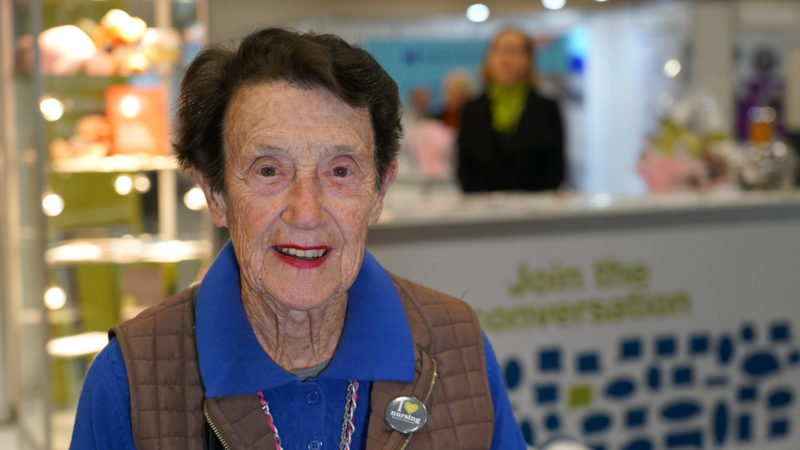For two decades, the demand for emergency department services in Australia has outpaced population growth and wait times have increased. In 2022-2023 more than 8.8 million emergency department presentations occurred nationwide.
While demand is a contributing factor, EDs are currently being impacted by various factors across the entire health system.
The Emergency Medicine Foundation (EMF) is a non-profit organisation funding innovative Australian research that improves the way people are cared for in a medical emergency. The aim of the research is to deliver better and more effective health services to save lives and money.
Professor Hugh Grantham, Emergency Medicine Foundation (EMF) Chair on the urgent challenges in emergency departments states, “The issue of system-wide delays from triage to admission to treatment and discharge is one of the Australian healthcare system’s most challenging problems and it severely impacts vulnerable patient groups, including aged care and mental health patients.”
In February 2024, the Emergency Medicine Foundation (EMF) launched a $1.3 million fund for new research grants dedicated to addressing the pressing issues in emergency care to improve patient outcomes in Australia.
These projects will include innovative ways to improve pain management in children, treating diabetic patients, and optimising treatment for patients who call an ambulance for nausea or vomiting.
Australian Health Journal spoke with Dr Kim Hansen, Emergency Medicine Foundation Board Director, author & presenter of a broad range of topics including ED crowding, incident reporting, cognitive bias and gender equity.
Since launching in 2007, EMF has fostered significant growth in research and innovation in emergency, prehospital and retrieval medicine across Queensland. These EMF-funded research projects have proved both effective and wide-reaching, with a recent mental health study projected to save the Australian health system $30 million.
You Might also like
-
Australia’s Nursing Crisis Snapshot
“Nursing, already under pressure, is reaching breaking point due to the pressures of COVID-19 and a disjointed healthcare system, including the acute, primary and aged care sectors”, says Kylie Ward, Australian College of Nursing CEO adding, “We must act now to protect our nurses and healthcare; the time has come for a national reckoning on nursing in Australia.”
Australian nurses cannot continue to work under the extreme pressure they are currently operating under – the impacts are mounting.
The almost 400,000 Australian nurses are a constant presence in every one of our major life milestones, national emergencies and global crises. The nurse of today holds a science degree, possesses highly technical training, valuable medical opinions, front-row expertise, is an effective trainer, and is skilled in population and systemic thinking. But the pandemic is inflicting a major emotional and physical toll on nurses.
In this “Perspectives” special, Australian Health Journal spoke with 4 nurses on the challenges they or nurses in their circle have experienced, the key issues as well some of the opportunities. These nurses come from national leadership & policy, large scale workforce management, a final year student completing over a year on placement across 6 Melbourne Hospitals and a NSW based ICU nurse stranded in Mexico, unable to return to a critical role in nursing to an already strained team due to incoming quotas.
While the issues are challenging, there are strategies that can be put into place to ease the pressure, to support nurses, and nursing care in Australia. These are discussed by the the 4 nurses.
– Adjunct Professor Kylie Ward FACN CEO, Australian College of Nursing
– Adjunct Professor Alanna Geary FACN ACN Chair of Workforce Sustainability Policy Chapter & Chief Nursing & Midwifery Officer, Metro North Health
– Natalie Reyes, NSW based ICU Nurse Currently stranded in Mexico
– Hayley Pollock, Final Year Bachelor of Nursing Student & ACN Emerging Nurse Leader
Post Views:
1,306 -
State of Private Hospitals sector in Australia
During Mr Roff’s working career at APHA he has represented the private hospitals sector to nine different Federal Health Ministers and eight Prime Ministers. He believes the government should take steps to regulate the health insurance industry to protect consumers and ensure that Australians have access to affordable and comprehensive healthcare services.
-
Ruth Zionzee – Distinguished Life Fellow
ACN Ruth Zionzee – Distinguished Life Fellow



